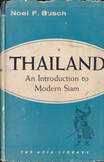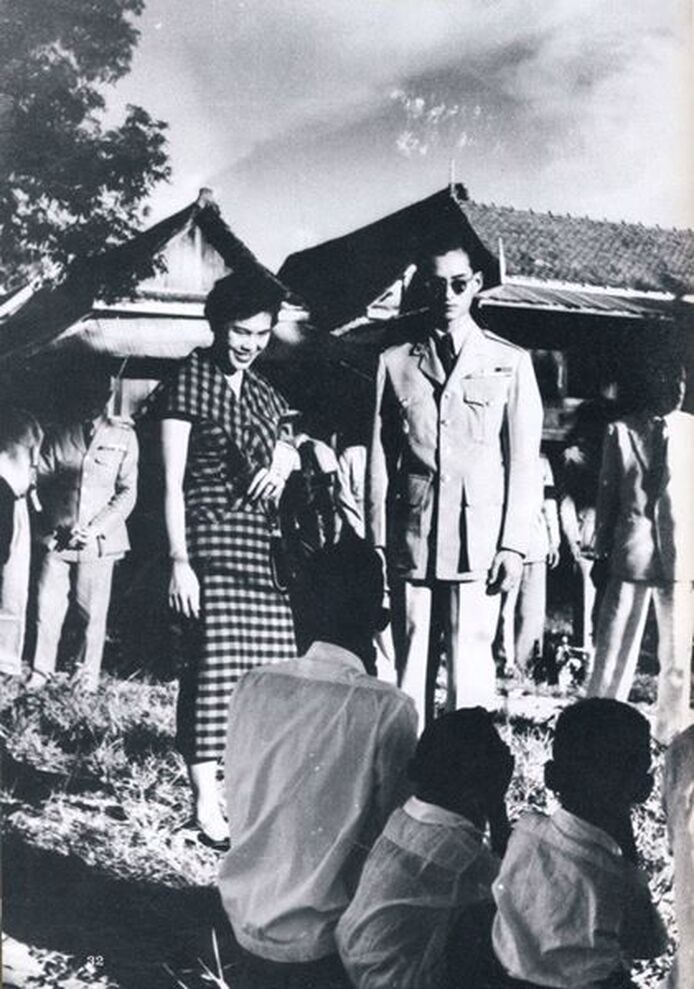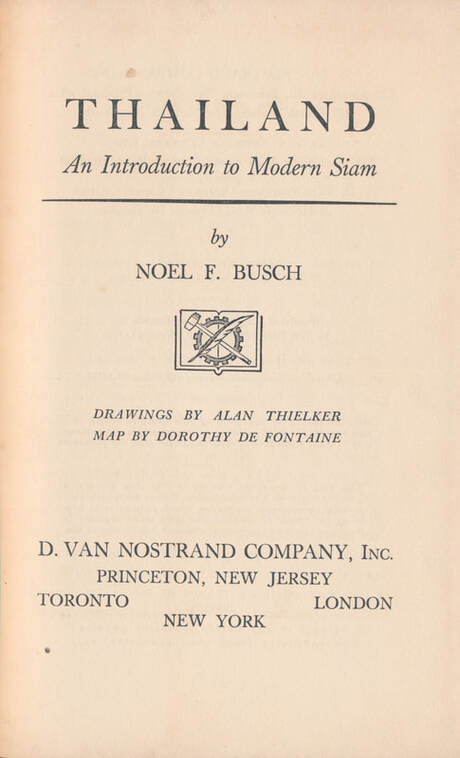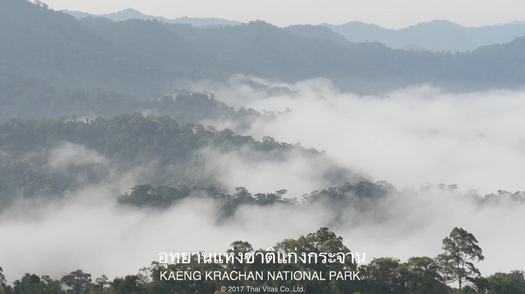Thailand is unique among the countries of Southeast Asia in that it has never been a European colony....Thais, unlike most other Southeast Asians, are untouched by a trace of what the psychiatrists call trauma where European are concerned. They treat visitors with neither resentment nor exaggerated respect but rather with a gracious air of quiet curiosity, which makes their guests feel flattered and at ease. More important than its effects upon contemporary tourists have been the consequences of this attitude towards visitors upon Thailand's own colourful history, both early and contemporary. |
|
THAILAND: An Introduction to Modern Siam
A rare book on Thailand by Noel F. Busch, published in 1959 By D. Van Norstrand Company, Inc., Princeton, New Jersey, 161 pages. Chapter 2 - The People |
|
Vertical Divider
|
Vertical Divider
|
|
Vertical Divider
|
Vertical Divider
|




